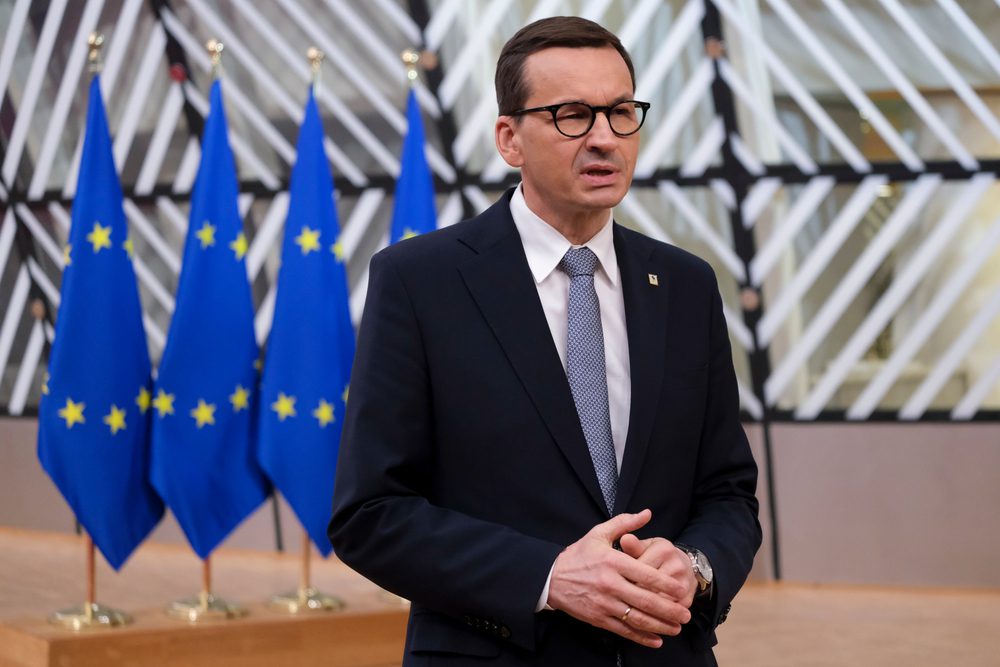After several months of wrangling, the European Commission finally decided to green light the Polish recovery plan a month ago, despite its reservations about the judicial reform policy implemented by Mateusz Morawiecki’s government. The Commission had deemed Poland to be acting contrary to the rule of law. It initially decided to withhold funds due to controversy over the placement of Polish judges under the control of a disciplinary chamber, creating the perception that Polish judges’ independence was hampered.
This reversal by the EU Commission was a relief for Poland, which is facing very heavy expenses as a result of the war in Ukraine and the flood of refugees who have mainly chosen their closest neighbour as a temporary host country.
However, some political opponents of the Polish prime minister did not see this granting of EU funds as good news; indeed, they consider that the decision places the country in a dangerous dependency. They fear that in return for the money, Poland would be subject to permanent control and blackmail by European institutions, preventing Poland from pursuing the policy it wants to pursue.
Justice Minister Zbigniew Ziobro called the European financial support “millstones around Poland’s neck.” He believes that the promised euros puts Poland at risk of losing its sovereignty.
Morawiecki disagreed with his minister of justice in the Polish press, explaining that he would rather owe the money to Europe than to financial markets. But Ziobro persisted in his speech, explicitly calling for Poland to refuse EU funds; then he was terminated from his post. Now Poland’s position on this issue is more strained, since the efforts requested by the European Commission to justify the granting of the funds focus on the judicial field, which has now been left headless.
The sword of Damocles still hangs above Poland’s head, as Commission Vice-President Věra Jourová explained that the bill providing for the dismantling of the disciplinary chamber of the Polish Supreme Court of Justice, put forward by the Polish government as a sign of its goodwill, did not meet the conditions requested by the Commission in exchange for the granting of funds. Therefore, the payment of the first instalment could not be made.
Morawiecki refuses to see this delay as a cause for concern. In an interview with Polska Times, he explains that only partial—but not serious—misunderstandings are to blame for the current delays. For him, the most important thing is to have obtained the formal agreement of the Commission a few weeks ago: “Whether the payment is issued in March or July, is a side issue,” he explained. “There is no point in reopening old wounds,” he insisted.
Morawiecki hopes that the first payment can be made by 2023.






